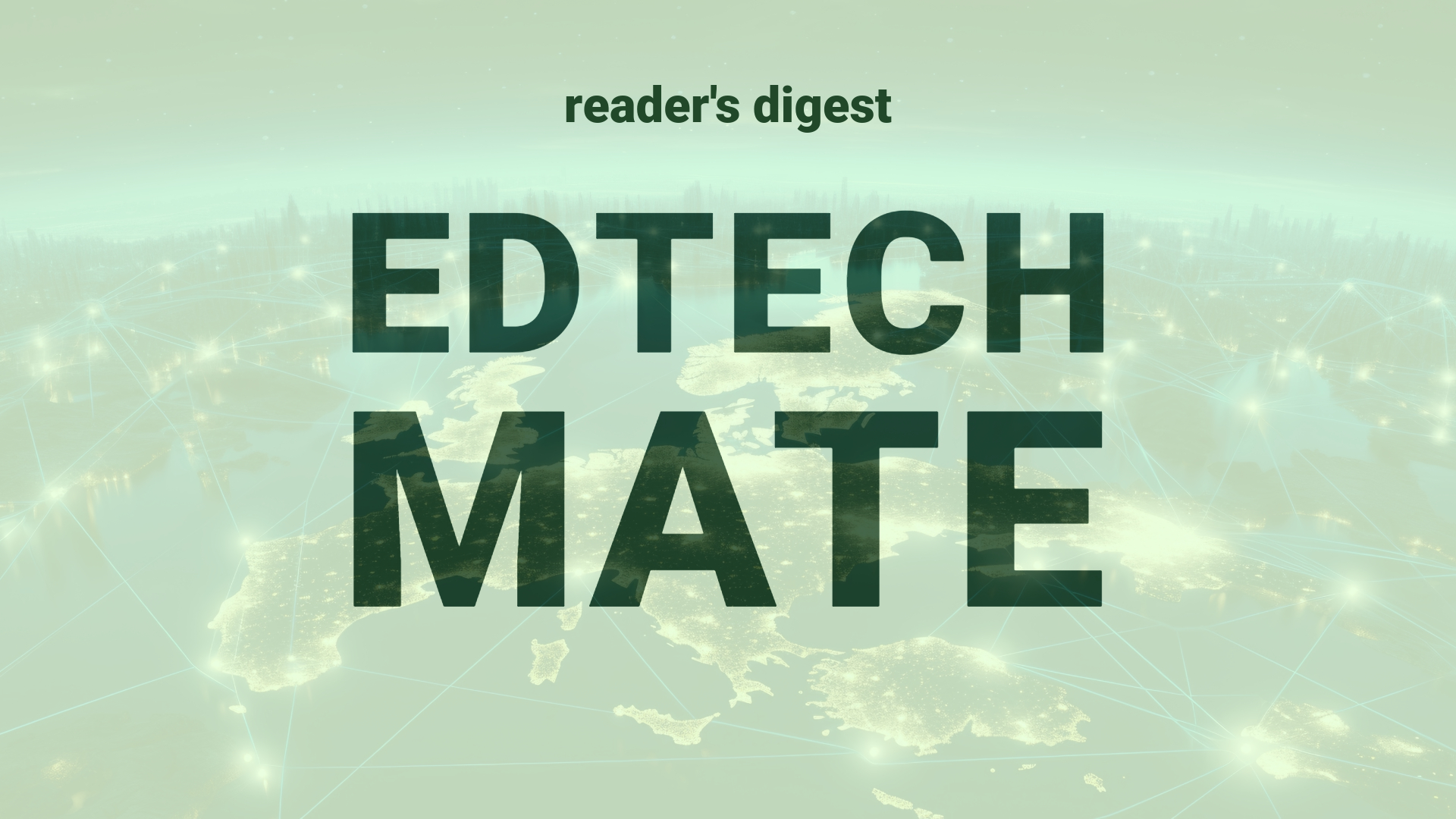Executive Summary and Main Points
Krzysztof Soltan, CIO of Vulcan Materials, has been instrumental in digitizing operations and modernizing infrastructure through enterprise-wide digital transformation. This transformation is exemplified in the “Vulcan Way of Selling,” leveraging technology to overhaul Vulcan’s traditional sales model, leading to significant efficiencies for employees and customers. Continuous investment in IT enabling business-driven initiatives and a rigorous IT governance process is at the core of these efforts. Particular focus areas include cloud-based solutions for scalability and mobility, and the integration of IT and Operational Technology (OT) systems.
Potential Impact in the Education Sector
The strategic approaches taken by Vulcan Materials can influence the education sector through designing future-ready digital platforms that enhance student engagement and academic collaboration. Further Education and Higher Education institutes can gain from digitizing their administrative and academic processes, similarly to how Vulcan modernized its sales model. The integration of IT and OT systems could support the development of blended learning experiences. Additionally, a Vulcan-inspired model can also apply to Micro-credentials, optimizing how educational programs are delivered and managed in partnership with industry stakeholders, enhancing the alignment of education with workforce needs.
Potential Applicability in the Education Sector
Vulcan’s model of digital transformation offers several innovative applications for the global education systems. Cloud-based platforms can enable scalability in online learning environments, making education more accessible. Data capturing and real-time insights could foster personalized learning and predictive analytics for student success. Moreover, adopting Vulcan’s approach of continuous IT investment can help educational institutions create a sustainable and future-oriented education technology ecosystem, leveraging AI and digital tools to enhance learning experiences and outcomes.
Criticism and Potential Shortfalls
While digital transformation offers numerous benefits, its application within different cultural contexts and international institutions may reveal shortcomings. For instance, the need for equitable access to technology poses a challenge that Vulcan’s industry-driven approach might not fully address. Ethical considerations regarding data privacy and AI usage in education also need to be evaluated carefully. Comparative case studies from diverse educational institutions may provide insights into addressing these gaps and ensuring that digital transformation strategies are inclusively designed and culturally sensitive.
Actionable Recommendations
Educational leaders should commence with a thorough needs assessment to identify specific technology goals aligned with their strategic mission. Building on Vulcan’s success, initiatives could include developing cloud-based educational platforms and integrating IT/OT for enhanced learning experiences. Establishing a Project Management Office could help in managing technology projects and investments diligently. Finally, forging strategic partnerships with tech companies, akin to Vulcan’s business-driven initiatives, could lead to sustainable innovation in the realm of global higher education.
Source article: https://www.cio.com/article/2144169/how-vulcan-materials-paved-its-way-to-digital-success.html

